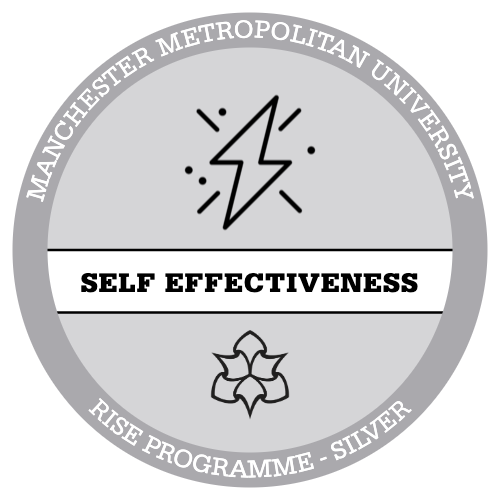 //REWORK THIS
//REWORK THIS
Internal Psychology Research Seminar - 19 November 2025
Hi everyone,
You are invited to attend the next seminar from the Psychology Seminar Series on Wednesday 19 November 2025, 11:00-12:00pm in BR 3.81.
Attendance will be collated at the end of the seminar and RISE points will be allocated accordingly.
This seminar will feature two short talks, followed by discussion and Q&A. Please see below for details:
______________________
Professor Maddy Arden, School of Psychology
Using behavioural science to increase engagement with services: Development of the BeST Engage intervention
Support services can only be effective if there is adequate engagement with them. However, socially deprived families who are in most need of support are the least likely to engage. We ran a series of research studies, commissioned by the Department for Education, to address this challenge in which we utilised a behavioural science framework (Capability, Opportunity, Motivation – Behaviour, COM-B) to explore the barriers and facilitators to engagement in a range of family hub services. We then worked together with parents and professionals to design interventions to address these barriers using the Behaviour Change Wheel (BCW). These interventions were tested in a series of pilot studies across seven local authorities which indicated increased engagement as a result of the changes. From this work we identified a series of common barriers from which we have developed a prototype ‘BeST Engage toolkit’. This seminar will outline the work that led to the development of the toolkit and will outline the programme of work designed to evaluate the toolkit in a project that has recently commenced, funded by NIHR Public Health research.
Annabel McAreavey, PhD Candidate, School of Psychology
Co-designing a trauma-informed wellbeing intervention for UK primary schools: How can we support the wellbeing of pupils with developmental trauma?
Background: Primary schools are increasingly recognised as key settings for promoting pupil well-being and preventing poor mental health. However, educators report that there is a lack of resources to address the broad range of risk factors affecting pupil well-being. These risk factors include pupils who have experienced caregiver abuse, neglect, and attachment disruption, also known as developmental trauma. Central to supporting pupils with developmental trauma is through targeted support known as trauma-informed education, yet existing models tend to overlook pupil well-being. Likewise, many well-being interventions tend to overlook the needs of pupils with developmental trauma, revealing an underdeveloped area of practice in current school-based well-being provision. Aim: This study aimed to address this gap by integrating trauma-informed education with positive psychology and strengths-based approaches to co-design an intervention for primary schools. Design: This study represents the final stage of a three-phased research project employing qualitative co-design methodology. Methods: Eleven educators and professionals participated in co-design workshops, with eight contributing to a follow-up evaluation phase. Results: Analysis of workshop outputs informed the development of a Theory of Change model and a 10-week, proportionate-universal intervention. The intervention addressed two components: (1) Increasing teachers’ knowledge and resources of trauma and well-being through practical teacher-training modules; and (2) a trauma-informed well-being curriculum designed for Key Stage 1 PSHE delivery. Core elements promote relational safety, emotional regulation, and strengths-based creative activities. Conclusion: This co-designed intervention offers a promising approach to supporting the well-being of pupils with developmental trauma in primary education.
____________________
Any questions, please contact Danielle Labhardt (d.labhardt@mmu.ac.uk) or Matt Brooks (m.brooks@mmu.ac.uk).
Associated Badges:
In A Nutshell...
- Engage in person... on a Wednesday between 11 and 12 in the Brooks building.
- Find out... about the different types of research being conducted within the School of Psychology.
- Learn... what it's like to conduct psychological research.
- Gain awareness... of how psychological research can address real world problems.
- Ask... questions to the experts within the field.
- Network...with other students and researchers.
- Earn up to 5 Rise points ... which can be recognised within your degree.
Schedule
-
11:00 to 12:00 on 19/11/25 - BROOKS 3.81
Attend an event In this scheduled event you will learn about the different types of research being conducted within the School of Psychology.







